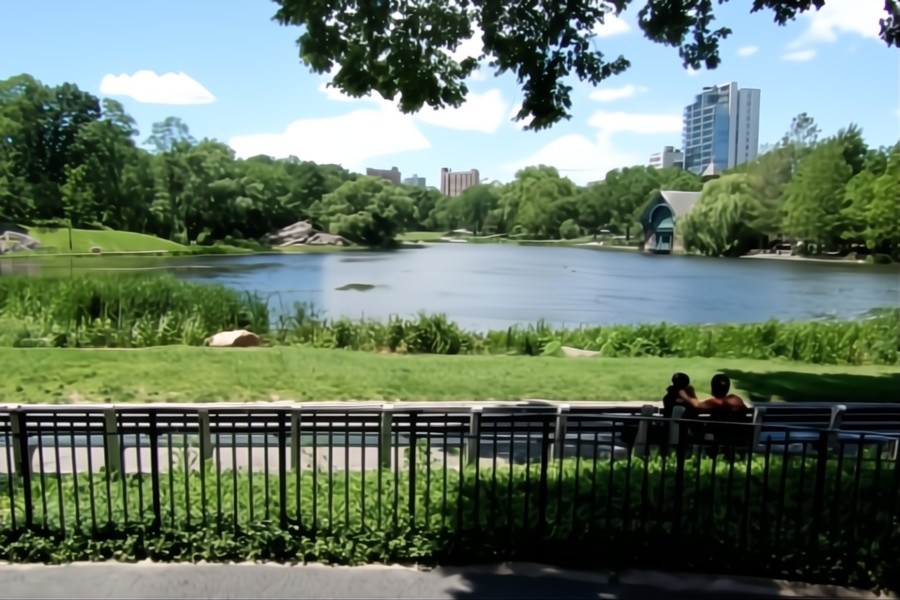
New York State’s Climate Action Council released its final Scoping Plan yesterday.
Formed as part of New York’s 2019 Climate Leadership and Community Protection Act, the Climate Action Council was tasked with developing a Scoping Plan that will serve as an initial framework for how the State will reach the emission-reduction targets set by this law, including reducing greenhouse gas emissions, achieving net-zero emissions, increasing renewable energy usage, and achieving climate justice by ensuring that low-income communities and communities of color receive equitable benefits from this transition.
It issued a draft Scoping Plan in December 2021 and gathered public input for the first six months of 2022, using that to refine and finalize the plan released today.
Sonal Jessel, Director of Policy at WE ACT for Environmental Justice, shared the following statement:
“I applaud New York State for finalizing a plan to implement the most ambitious climate goals in the nation to get New York State to a 40-percent reduction in greenhouse gas emissions (GHG) by 2030 and 85 percent by 2050. Thank you to Governor Kathy Hochul, DEC Commissioner Basil Seggos, NYSERDA President & CEO Doreen Harris, Climate Action Council Executive Director Sarah Osgood, and everyone on the Climate Action Council for your hard work and dedication to creating a strong climate roadmap. As a member of the New York State Climate Justice Working Group, I had an opportunity to ensure that New York State will achieve its climate goal – among the most ambitious in the nation – in a just and equitable way.
“While there are some aspects of the plan we don’t like, such as a delayed timeline for banning fossil fuel use in new construction and the use of bridge fuels, the Scoping Plan contains bold recommendations and requirements for climate interventions. For example, the Scoping Plan definitively tells us that we must ambitiously decarbonize our homes through energy efficiency and electrification, by targeting about two million homes for heat pump installation by 2030. The Scoping Plan also tells us that we must not continue to pollute communities already burdened with environmental hazards, and that we can meet a goal of 70 percent renewable energy generation with an emphasis on wind and solar technology. Most importantly, we applaud the emphasis on public health. We must make the health of communities our north star to guide our decisions about how to reach our climate goals.
“The next step for implementing the Scoping Plan is to finalize the definition of Disadvantaged Communities (DACs). The Climate Justice Working group is working hard to understand, address, and incorporate public comments and vote on a final criterion in the coming months. It is vital we finalize a DAC definition that puts our most impacted communities in the center, and that we are ensuring a minimum of 35-40 percent of all climate investments benefit DACs.”
WE ACT for Environmental Justice is a Northern Manhattan membership-based organization whose mission is to build healthy communities by ensuring that people of color and/or low-income residents participate meaningfully in the creation of sound and fair environmental health and protection policies and practices.
WE ACT has offices in New York and Washington, D.C. Visit us at weact.org and follow us on Facebook, Twitter, and Instagram.
Become a Harlem Insider!
By submitting this form, you are consenting to receive marketing emails from: . You can revoke your consent to receive emails at any time by using the SafeUnsubscribe® link, found at the bottom of every email. Emails are serviced by Constant Contact








